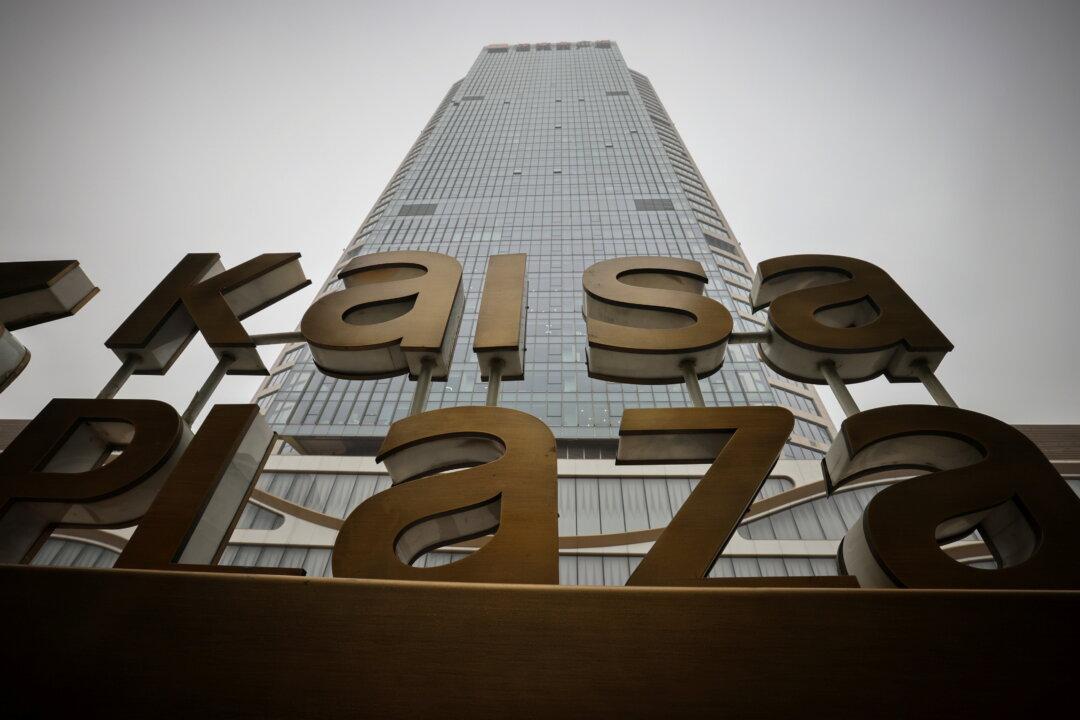HONG KONG—China’s Kaisa Group Holdings Ltd. said on Thursday it wants to extend the maturity of a HK$3.118 billion ($400 million) bond by a year and a half—part of the property developer’s efforts to avoid a messy default and resolve a liquidity crisis.
In a filing, Kaisa said it would exchange its 6.5 percent offshore bonds, due Dec. 7, for new notes, due June 6, 2023, at the same interest rate if at least 95 percent of holders accept.





